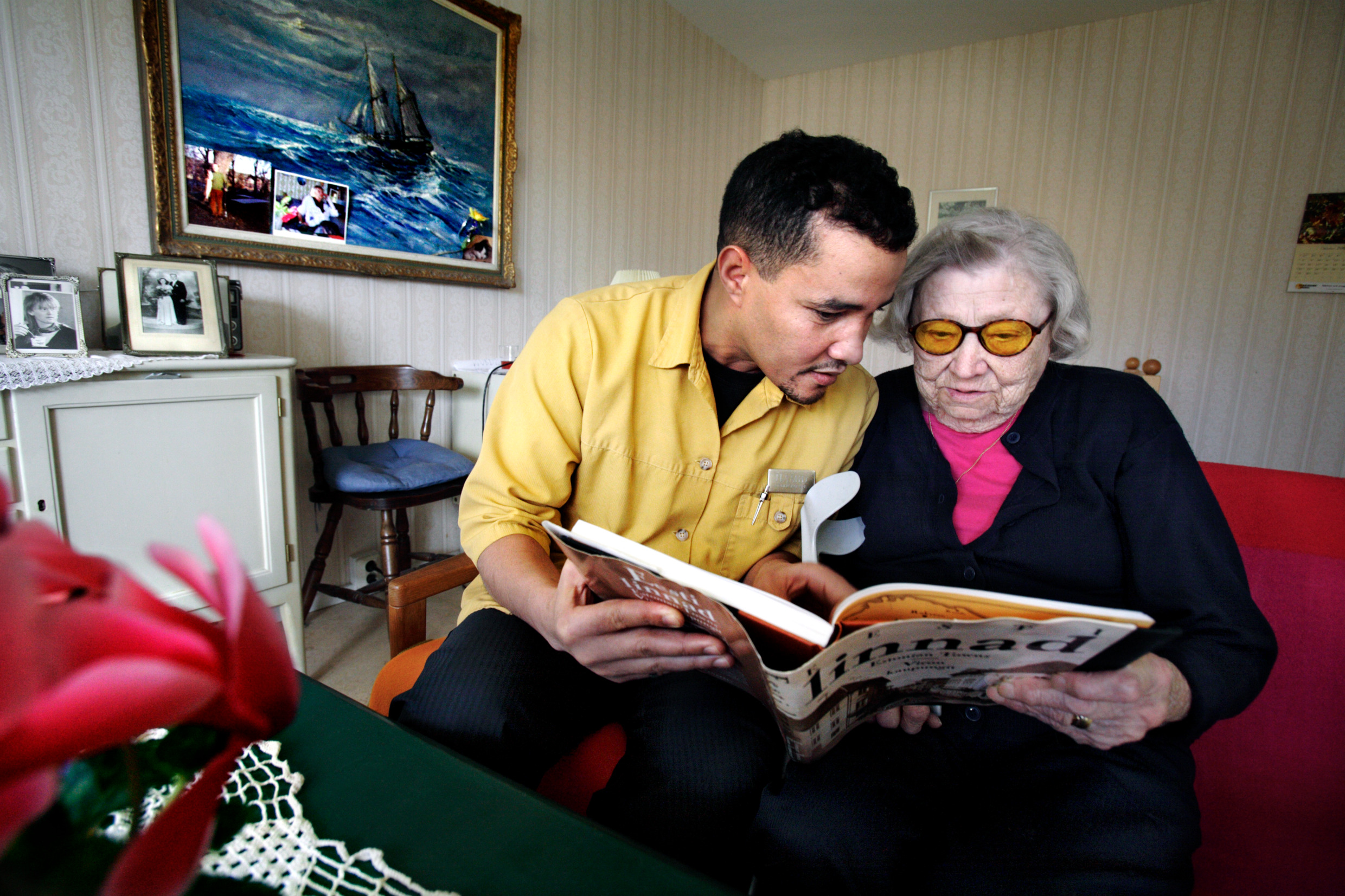Goal 1: Welfare provisions in the Nordic Region must be sustainable, high quality, safe for both patients and care recipients, and accessible to all
If the Nordic Region is to be the most integrated, competitive and socially sustainable region in the world, then Nordic welfare provisions will need to be further strengthened and equipped for the future we are facing. Functional welfare systems characterised by fair and equal access for all will help ensure that even more people can attain self-sufficiency and participate in the communities that make up society. They can also help bring about a stronger and fairer society with better levels of physical and mental health. However, our welfare systems must also adapt to demographic developments and be organised in a way that ensures treatments and interventions are effective, sustainable and future proofed. In order to safeguard healthcare provision in the future, we need to address threats in the form of antimicrobial resistance, ensure access to medicines, boost health preparedness and ensure the security of supply.

Sub-goal 1.1: Welfare provisions in the Nordic Region must be effective, accessible, geographically within reach, safe for both patients are care recipients and based on a preventative and health-promoting perspective that puts the user in the centre.
Only through equal access to health and social services – both at an early stage and when the need arises – and through close coordination and co-operation over professional boundaries within the health and social care sector, can we reduce inequality, boost cohesion, increase labour supply and create a region which is socially sustainable. Intervening at an earlier stage and offering support to everyone who needs it is something that will require coordinated, simplified and more efficient welfare provisions, as well as a reassessment of existing treatment measures and service offerings.
Sub-goal 1.2: Welfare provisions in the Nordic Region must be sufficiently staffed and operated by professionally qualified health and social care personnel.
We must ensure that there is sufficient personnel within the health and social care sector and that they have a good work environment, efficient working methods and the requisite expertise. Welfare technology and a greater degree of knowledge co-operation may be a part of the solution. At the same time, digital accessibility and other flexible, remote solutions can also contribute towards increasing the availably of high-quality service offerings to citizens in sparsely populated areas, and they can make it possible for citizens in the Nordic Region to access services across borders.
Sub-goal 1.3: The Nordic Region should have a strong level of common health preparedness which is resilient and underpinned by a robust and sustainable security of supply.
The political security situation is critical. We must be equipped for the health crises and catastrophes that may occur in the future. Better and more coordinated preparedness when crises strike and concrete tools for Nordic co-operation around health preparedness are likely a part of the solution here. The capacity of the healthcare sector to handle situations with multiple casualties needs to be increased. A public health perspective as well as mental health and psychosocial support should also be integrated into our health preparedness.
Sub-goal 1.4: The use of antibiotics should be reduced and awareness should be raised around the consequences of over-using antibiotics.
Efforts to combat antimicrobial resistance (AMR) from a one-health perspective must be continued, with focus placed on the interaction between human and animal health, food and environment. Preventative efforts against infections and the spread of disease can reduce the need for antimicrobial products, including antibiotics. If we are to provide modern healthcare and arrest the development of resistant bacteria, we will need access to a broad array of antibiotics and greater awareness of the consequences of over-using antibiotics. Going forward, Nordic co-operation must attach particular importance to the need to improve access to effective antibiotics in our countries. The Nordic Region has a responsibility to boost global engagement in the work to combat AMR.
Sub-goal 1.5: Efforts to improve access to medicines should be stepped up.
Individually, the Nordic countries constitute relatively small markets, and this can pose a challenge when it comes to the procurement of medicines, and thus also the treatment of infections, as well as rare and complex illnesses. Closer Nordic collaboration around medicine procurement should help to increase availability on our markets. The sharing of knowledge about new treatment methods is an important component in making good treatment available for patients in the Nordic Region.